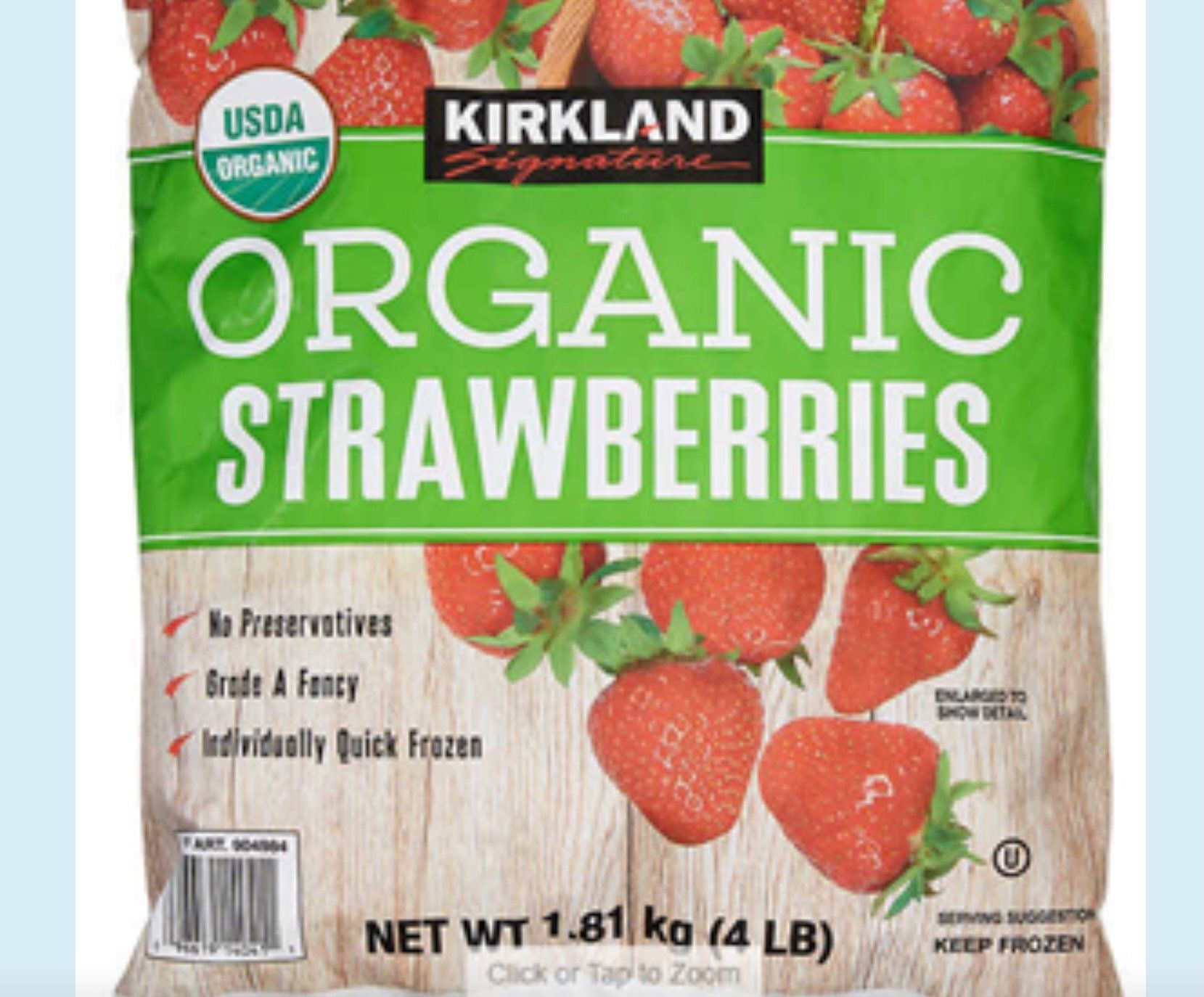
MONDAY, March 20, 2023 (American Heart Association News) — Dates have long been a snack full of sweetness and significance. Cultivated for at least 6,000 years, the palm date tree plays a role in several religious faiths. Among Muslims, a taste of date is given to infants as a ceremonial first meal, and the fruit… read on > read on >






























